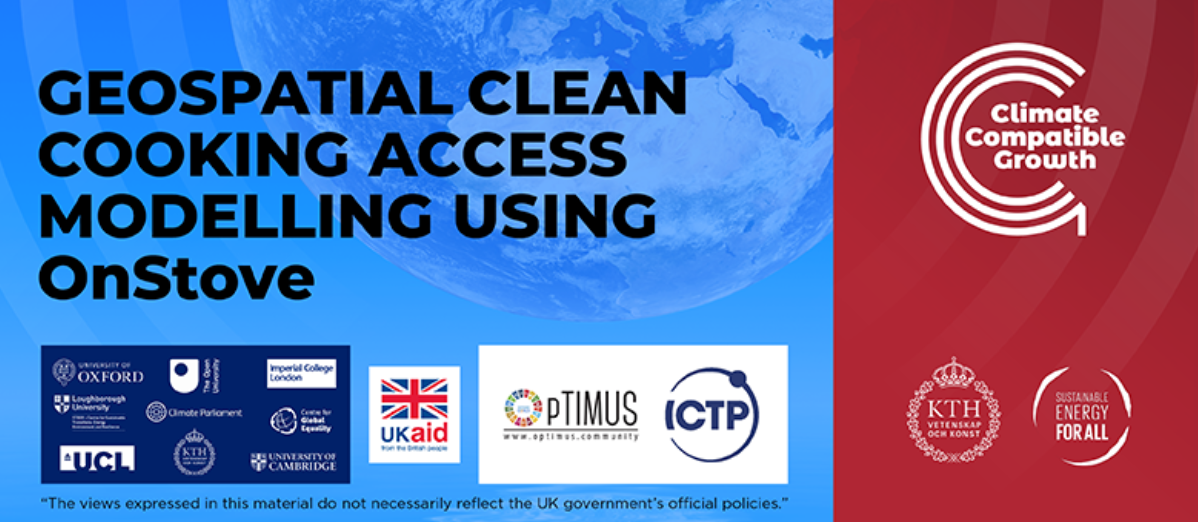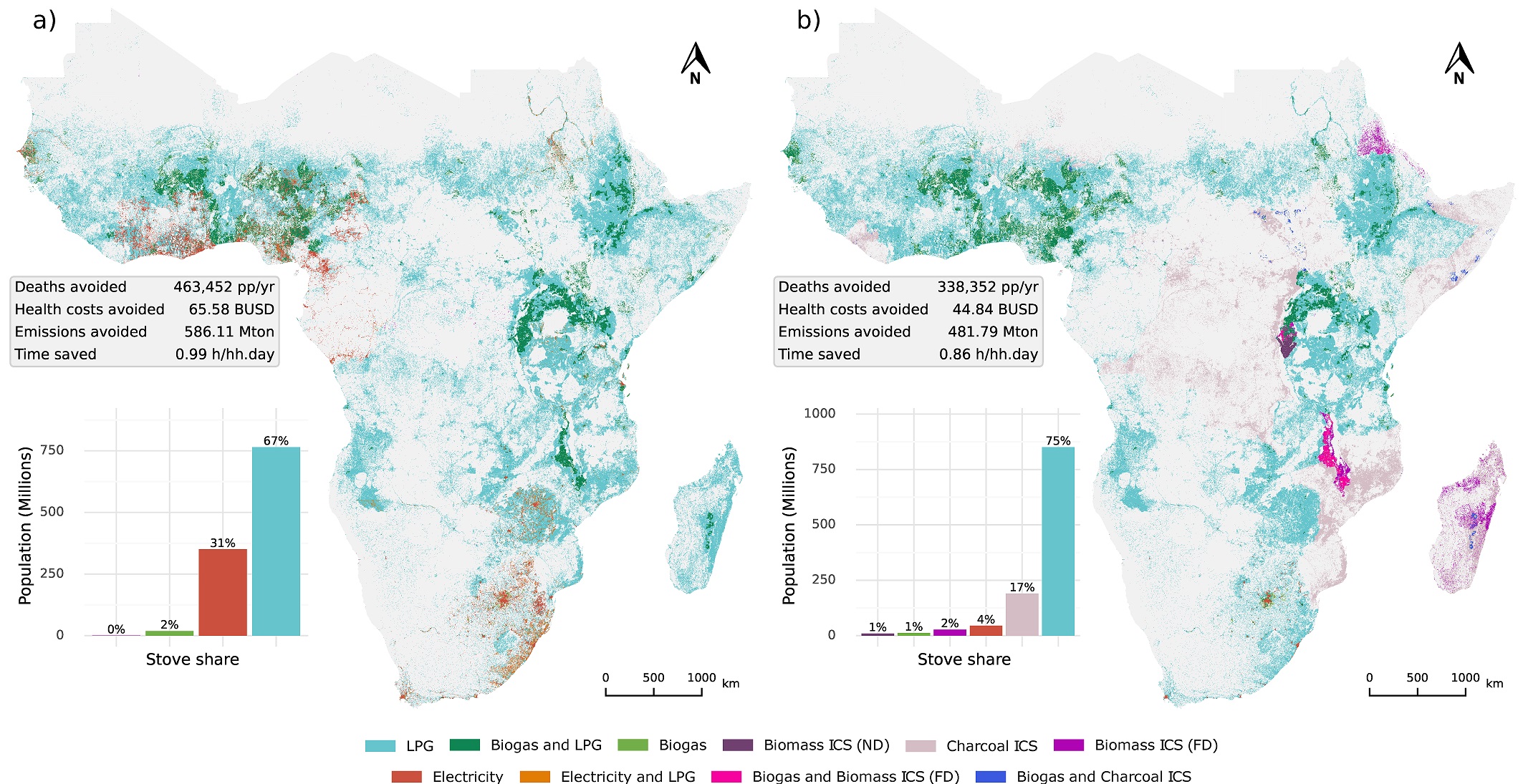KTH dES publishes a new groundbreaking open-access course on clean cooking access modeling

OnStove, the revolutionary geospatial clean cooking tool developed by the division of Energy Systems (dES) at KTH Royal Institute of Technology, takes a giant leap forward with the release of an open-access course. The course, titled "Geospatial Clean Cooking Access Modeling using OnStove" is set to empower ministries, non-governmental organizations, academia, and individuals with the knowledge and skills to drive clean cooking access in their regions.
In the pursuit of Sustainable Development Goal 7.1, which aims to ensure access to affordable, reliable, sustainable, and modern energy for all, dES at KTH introduced OnStove earlier this year. OnStove, the first open-source, scalable, and reproducible tool for spatial comparisons of cooking solutions, promises to be a game-changer in addressing the critical issue of clean cooking access.
Despite the emphasis on universal access to clean cooking fuels, a staggering 2.3 billion people still lack this essential resource. Particularly alarming is the situation in sub-Saharan Africa, where only 18% of the population has access to clean cooking. In response to this challenge, the dES team, in collaboration with key partners such as the Clean Cooking Alliance, the World Resources Institute, and Duke University, developed OnStove to bridge the gap and accelerate the expansion of clean cooking access.
OnStove's innovative approach leverages geospatial data to provide valuable insights for researchers, planners, and policymakers. By analyzing attributes across a study area, the tool enhances our understanding of fuel availability, pricing variations, and investment opportunities. The spatial data can guide market strategies, identify achievable goals, and estimate required investments in different technologies across the region.

In collaboration with Sustainable Energy for All, the OnStove team delivered a 3-week course titled "Geospatial Clean Cooking Access Modeling using OnStove." The course, conducted at the Joint Summer School on Modeling Tools for Sustainable Development, introduced participants from ministries, non-governmental organizations, and academia to clean cooking concepts, cost-benefit analysis, GIS, and the OnStove tool. Now, the team has made the course available to a broader audience through the Open Learning Consortium (OLC) platform.
The online training, accessible at www.open.edu/openlearncreate/course/view.php?id=11562 , consists of approximately 30 hours of hands-on exercises, lectures, and quizzes. Participants will gain comprehensive knowledge, including the ability to describe clean cooking concepts, identify geospatial datasets, understand spatial methods for building clean cooking models, analyze data sensitivity, and ultimately develop their own geospatial cost-benefit clean cooking model using the OnStove tool.
OnStove's open-source nature and the accompanying manual ensure accessibility to a wide audience, fostering collaboration and knowledge-sharing in the pursuit of sustainable clean cooking solutions. The tool, along with the comprehensive training course, represents a significant step towards overcoming obstacles in the clean cooking transition and working towards a more sustainable and equitable future.
